For some, the idea of developing a game alone is daunting. Yet, for indie dev Almar, it offered an escape from the corporate rat race he felt trapped in. “Sadly, the reality of the business showed me that the type of games that pay the rent weren’t the type of experiences I wanted to create”, he says. After a five-year hiatus from game development, he returned as a solo developer to create his debut game Repunk.
Working from home proves lonely sometimes, lacking professional feedback. “Without friends, family or any form of external support it can be really hard at times”, Almar admits. Nevertheless, he believes going solo was the right choice. “After 15 years working for others, I am finally growing in ways I couldn’t in the corporate world. I am extremely lucky to do this in complete freedom.”
Why did you become a solo developer?
“Since I was a child, I always found myself surrounded by art, because most of my family were artists (ballet dancers, painters, musicians). It took me a while to figure out exactly what I wanted to do in life, but I knew from quite early on that I would love to create something in some way. One day I discovered video games could be much more than just ‘entertainment products’, and fell in love with the idea of mixing all the things I loved about art in a new medium. I decided to study systems engineering and earn a degree in Computer Science – with the objective of becoming a videogame developer.”
“And… that’s what I did professionally for almost 10 years: released many games on different platforms, working for multiple companies. Sadly, the reality of the business showed me that the type of games that pay rent weren’t the type of experiences I wanted to create. I left gamedev entirely for five years, because I was burned out from working on yet another F2P mobile casino game or whatever soulless product would feed my family.”
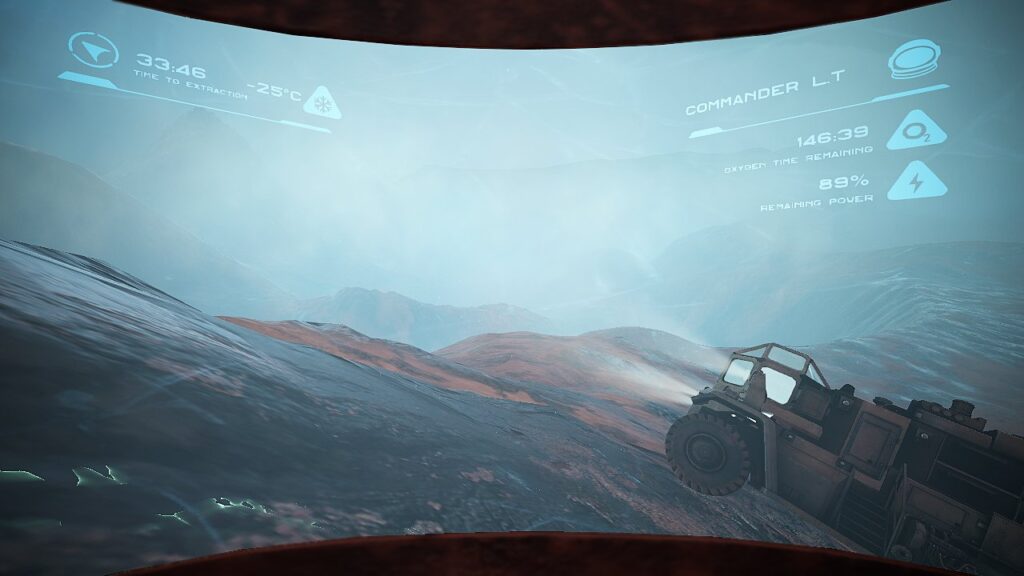
“During my time off gamedev I worked as R&D manager and learned a lot of tools for researching and designing pretty much anything. And I slowly started dreaming again about making more artistic games using all that I learned. I decided that if I ever would have a chance to fulfil my long time dreams it would be ‘now or never’. So, almost two years ago I decided to fully embrace the indie path and became a solodev.”
What are the biggest advantages of working solo?
“What I love the most about working solo is that I am pretty much at home all the time. I see my daily schedule as that of a stereotypical writer. Having my ‘office hours’ (which actually look nothing like a 9-to-5 job!) but always available for my family. I no longer have the feeling of rush or stress that ‘I need to go to the office’ or ‘I need to drive here or there’. And of course, absolute freedom to create whatever I want.”
And the biggest pitfalls?
“Funnily enough, being alone. I know plenty of people who would probably explode in this situation. You are by yourself for big chunks of time, bouncing ideas inside your head (or against the wall), with nobody else to talk to. And more importantly, nobody to tell you what’s wrong, to show you obvious flaws that you cannot see by yourself because you are too deep in it. Without friends, family or any form of external support it can be really hard at times. External validation rarely comes your way, especially while seeking attention on social media – which is absolutely required to build a community and get to be known by players.
What’s your creative process?
“My process is really long and iterative, and I try to rely on R&D tools as much as possible. I usually start with a location or concept from which I build a ‘mind map’. This helps me define the set of key ideas I’d like to explore. Using that list, I move to a broad research phase, in which I check lots of sources for gathering data. I like to break down games, movies, books and pretty much anything that could relate to the world I want to build. Then I write down everything I consider relevant into spreadsheets to compare them all. This could be something like ‘Who is the protagonist? In which time period is it set?’ to more specific questions such as ‘How is this game controlled? Which are its verbs? What is the overall tone’ and so on.”
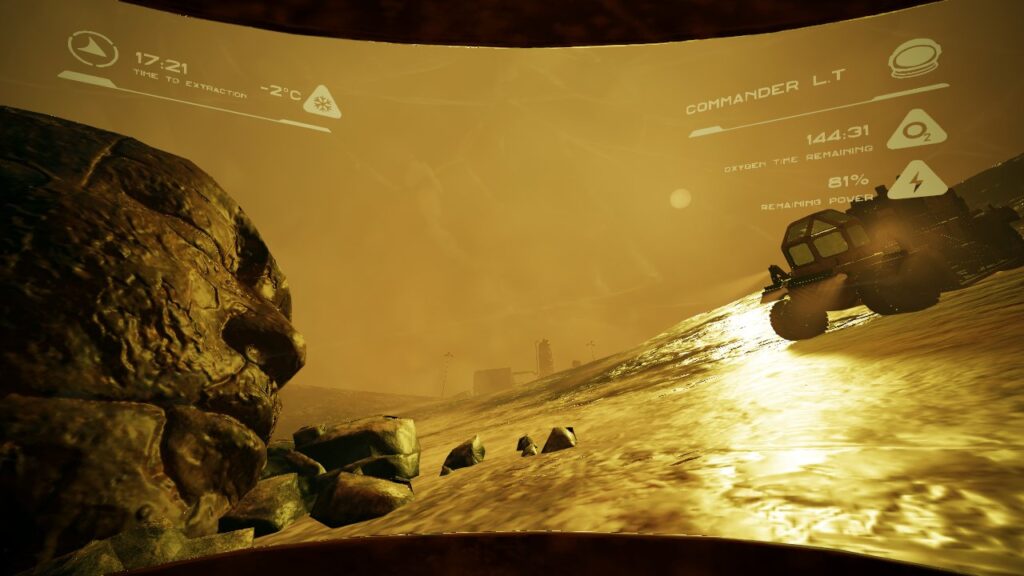
“Once I consider I have enough data, I move on to analysis. The process of contrasting each of the data points gathered, finding their flaws or shortcomings, what could be done differently, etc. This includes a more technical identification of needs, what would I have to implement in code? Which art and music will be needed? This finally leads me to prototyping and validation. But the process doesn’t end there, and usually I keep discovering things that make me go back and forth and iterate, playtest, iterate, refine, playtest, iterate… I definitely recommend getting feedback from external playtesters at each step.”
“I do sometimes have ‘flashes’ -or dreams- of cool ideas like a gameplay mechanic, other times a whole story or environment. I try to be careful with those, because sometimes it’s too easy to get carried away by something that seems ‘super cool’. Often they could be difficult to implement or have no coherency with the world you are building. Ideas need to be shaped to fit into the game. But generally, if it’s cool enough to keep me excited for a week or two, it means I have to validate it – and implement it if it makes the cut.”
I definitely recommend getting feedback from external playtesters at each step
“On each one of those steps I end up having one or more concrete ‘products’. At first just a bunch of notes and drawings, after analysis I do have already rough scripts, GDD’s and plenty of documentation. So, when I’m working on something later on I can go back and trace my steps. This helps me to remember which paths I already discarded and why. The reality is that this is only one part of the process, the ‘designer’ role. Each element (code, art, etc) has its own path – and they all merge together at different stages. By the end of this process, the actual game you see is just the tip of the iceberg of all the things that went towards making it.”
How do you stay motivated through (years of) development?
“That’s actually the easy part for me. After 15 years working for others, I am finally doing something that allows me to grow in ways that I couldn’t see happening in the corporate world. I am extremely lucky that I can do this in complete freedom. Obviously I find myself sometimes needing distraction or having my brain wanting to go in another direction. Again: the writer analogy! You sit down every day and do your work. You commit to the craft. This removes the ‘muse’ or ‘motivation’ factor in favour of responsibility towards yourself and the ones surrounding you.”
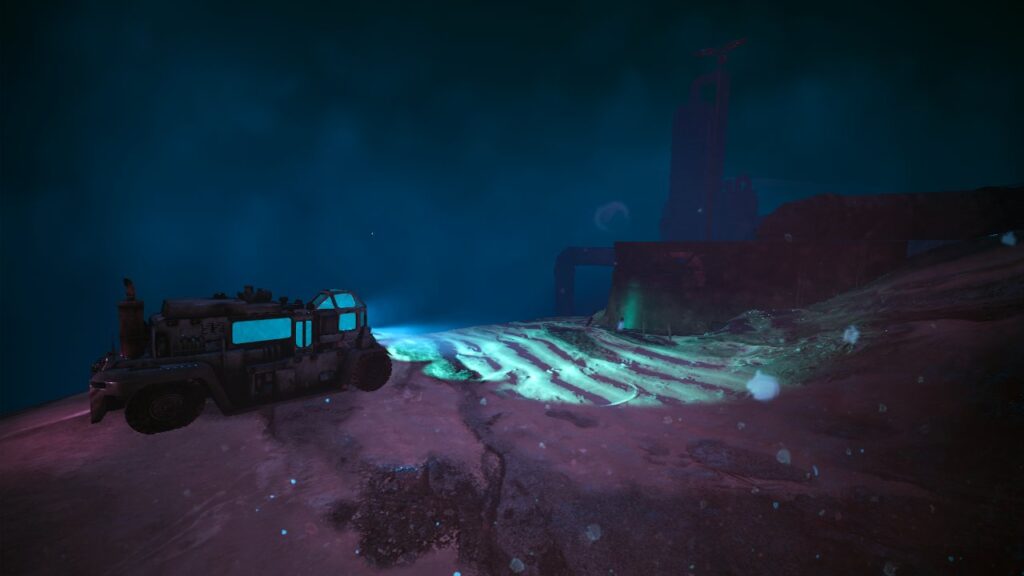
“I also recommend fully embracing your breaks. When things aren’t going your way or you cannot see a solution for a problem for too long – let it go. Stand up, walk around. Cook something, watch a movie with your family, read a book. By the time you go back to work on your game, not only will you really want to keep going, but most likely you will have a solution for that problem you had.”
Will you ever work in a team or is it only solo for you?
“While I take responsibility for the majority of Repunk, all of its original music was composed by an old friend of mine, Iván Fernández La Banca. Working with him designing the sound and feel of the Martian radio stations was a great experience! And I also worked for a while with another friend, Diego Santos on some narrative bits and books you can find on your adventure around Mars. So definitely yes, it would be amazing to work with more people!”
How did you come up with the idea for Repunk?
“What has been shown of Repunk publicly is very much the epilogue of the game I wanted to make at first. The original idea was much more ambitious. An open-world social simulation of a whole human civilization on Mars. This concept grew organically from a single idea. If in 1939 a group of scientists, philosophers and artists had left Earth, could they survive on Mars? If yes – how? Which tech would they need? How would their culture evolve over time? And which sort of civilization would they create? This alternate history setting allowed me to explore all sorts of concepts in a hard sci-fi fashion inspired by Asimov and the ‘naivety’ of the Golden Era of science fiction. With a hefty dose of economics, sociology and even politics.”
I fell in love with this alternative universe in which a human civilization arose on Mars during WWII
“In the process, I fell in love with this alternative universe in which a human civilization arose on Mars during WWII. In 2047 -the time in which Repunk takes place- all that’s seemingly left is the skeleton of an abandoned civilization which you can explore in any way you want. And of course discover what happened to it. You get to discover who they were through their art – literature, music, sculptures and architecture. I decided that focusing on this smaller adventure would be a more realistic goal for my first solodev game, but I would love to come back to the original idea at some point in the future.”
What’s the biggest lesson learned from this project?
“Prepare to learn and give yourself time. The indie community is amazingly helpful, but you will have to fight by yourself with every single element in your own game – and that takes time! Whatever happens – keep pushing, never give up. If one day you aren’t happy with the results of that day – give it another go the next day, it will eventually feel alright.”
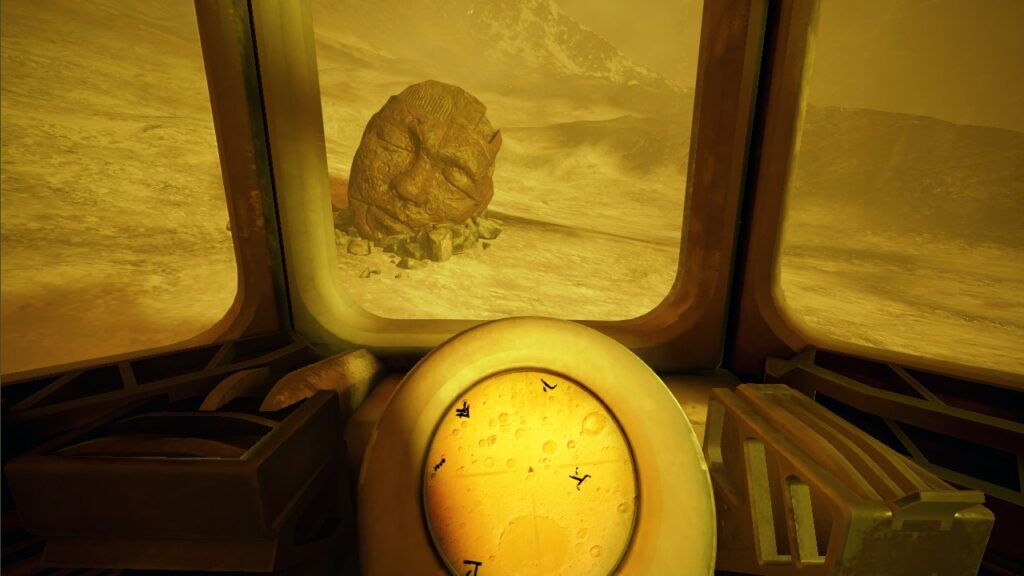
“And also: find better tools! I started working full time on Repunk in 2022 and decided to use Unity for multiple reasons: familiarity, access to good looking assets, and great licensing terms. But after the “installation fee” fiasco a few weeks ago, I started having a more pragmatic view on what Unity provides me and what it doesn’t, and I realised that a huge chunk of my development time is spent fighting with Unity’s bugs and shortcomings. Once Repunk is done, I will develop a custom engine that will better suit my own workflow.”
Are you using AI in any part of your development process?
“By September 2022 I had most of the design and lore elements of the game ready, including several prototypes, but it all looked terrible. I never considered myself particularly good at 2D/3D art, so decided to give AI a go. To create textures (materials), but also character portraits, environment (concept) art and pretty much anything I could imagine. I assumed that it would take me much longer to gain the proper skills to make the art myself than using the machine.”
“It was a disaster! The AI elements not only looked ‘AI made’, but I quickly realised that I was no longer using a tool to make my dreams come true. Rather I was forcing my ideas to fit within the constraints of the prompts I could come up with and whatever the algorithms regurgitated back at me. I am partly ashamed that it took me a month to discover it would actually make more sense for me to start learning everything I needed to do by myself, than it would take me to extract anything useful from the AI.”
My art is far from perfect, but the results of my work will remain with me for the rest of my life
“My art is far from perfect, but the results of my work -and gained skills- will remain with me for the rest of my life, whereas writing a prompt won’t ever give you long standing personal gains. It’s those human mistakes that make us unique. We shouldn’t fear to embrace them, even if the results don’t always align with what’s on our mind.”
The toll on your mental health can be quite high for solo devs. How do you deal with that?
“The gaming industry in 2023 seems to be very unstable. Even if you work on successful studio games that have good profit, you can still find yourself without a job. That’s terrible! We cannot control everything in our lives, and luck plays a big role, but I want to believe that making the best experiences I can offer while caring about a community surrounding my games will provide much more stability and self growth than any other company can offer me right now. I am of course aware that not everybody will be able to do the jump to solodev. This is my way of coping with external factors of stress.”
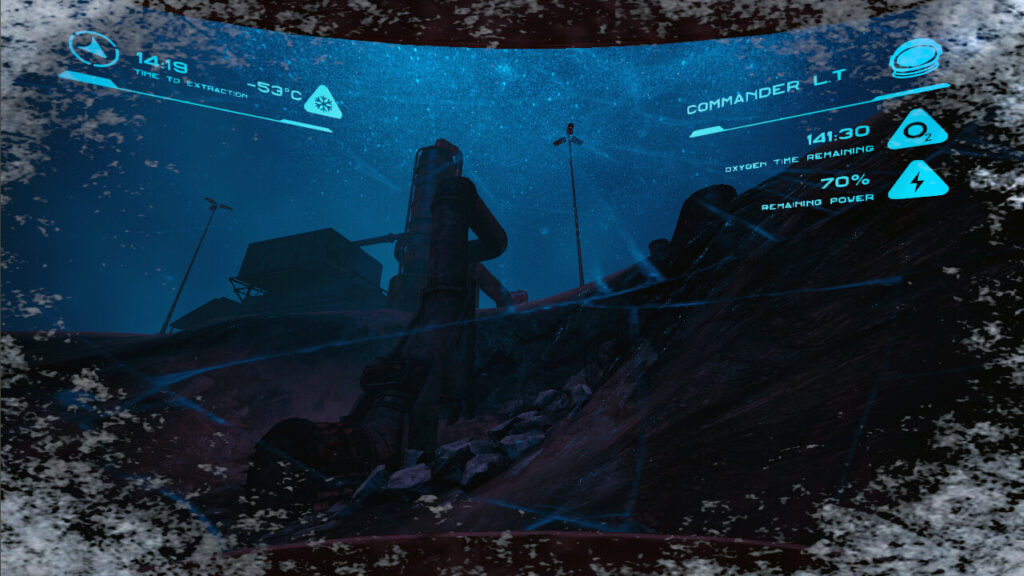
“But during this time working solo on Repunk, I have had some darker moments a couple times. Moments of doubt and unfounded fear, internal factors. When I reach those bad times, I like to take a step back, trace the origin of those thoughts and try to analyse the overall situation in a pragmatic way. Asking myself: is there anything else I could be doing? What are the pros and cons of my current work vs my previous experiences? How do I define success and failure – what would I do in each case? What can I learn from this experience? What triggered these feelings? I write everything down and spend some time trying to find alternative paths. So far the answer to those questions has always been “working solo on games that I feel are important is the way to go”. Beyond these points, what contributes the most towards my mental health is having the daily support and love of my wife and daughters.”
Repunk will launch on Steam in early 2024 and is fully compatible with Steam Deck. Almar is considering an Itch release as well.

